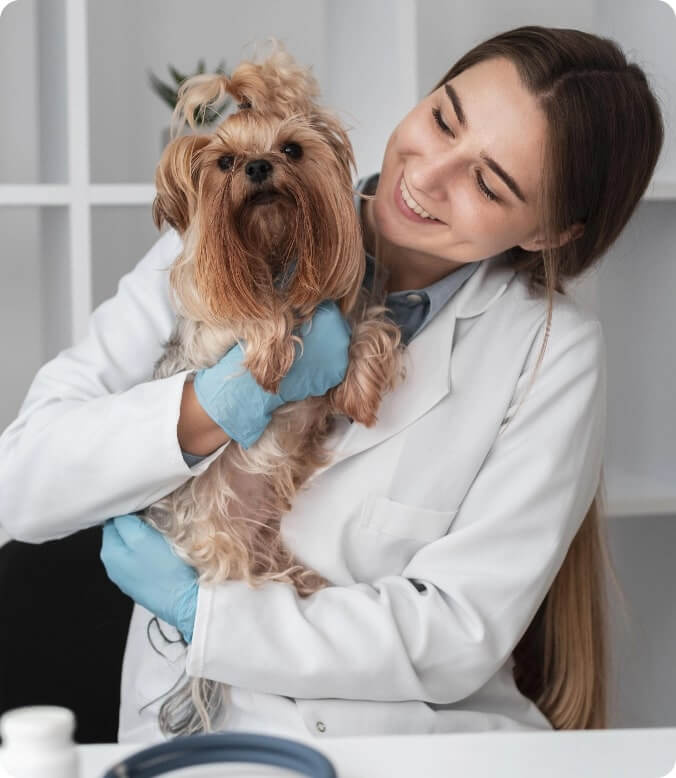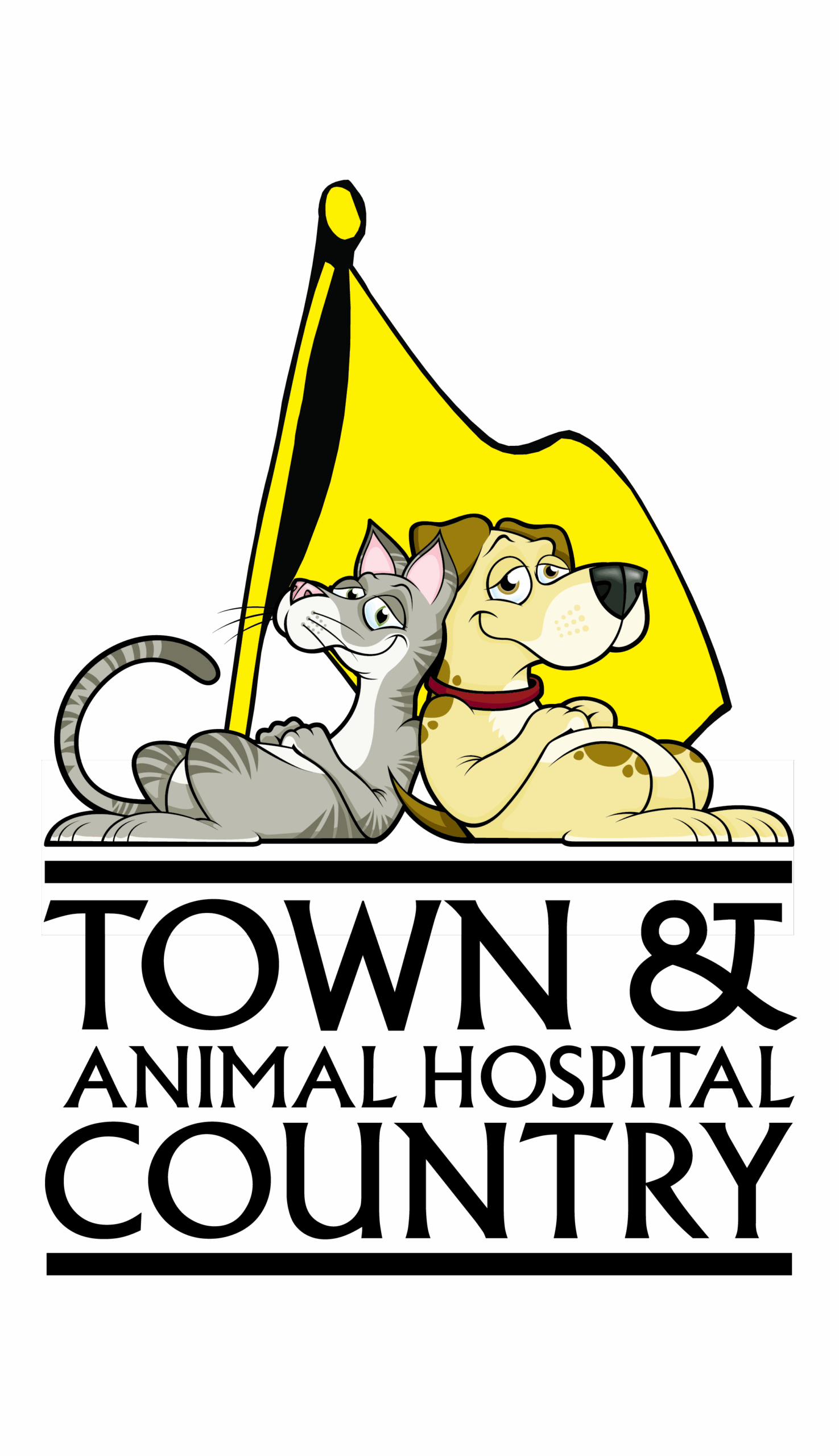What is Theriogenology?
Theriogenology encompasses all of veterinary reproductive medicine and surgery. This includes anatomy, physiology, pathology and pharmacology as well as all aspects of clinical practice related to male and female animal reproduction, including ovulation timing, semen collection, insemination, pregnancy management, birthing, nutritional counseling, neonatal and postpartum care.
The term Theriogenology is derived from the ancient Greek words “Therio” meaning animal, “gen” meaning generation, and “ology” meaning study of.
Dr. Carver-Raffa is our in-house theriogeologist and a Board Certified Diplomat of the American College of Theriogenologists.

Theriogenology Education & Training
First, to become a veterinary theriogenologist, one must be a veterinarian. It takes hundreds of hours of course work and volunteer hours in various animal areas for acceptance to veterinary school. Usually, when all the required course work is completed, the candidate has enough credits for a Bachelor of Science degree. Veterinary school takes another 4 years to complete to receive a Doctorate of Veterinary Medicine (DVM). After graduating, a veterinarian interested in advanced training in Theriogenology must apply for a one year internship at an accredited veterinary school or a specialty veterinary practice. Alternatively, one can also work in a private practice for two years. After 9 to 10 years of study, a veterinarian can now apply to a residency program in Theriogenology. The residency lasts 2 to 3 years and includes original research that is of high enough quality for publication in an approved journal. A residency also includes teaching and management of clinical cases both within the veterinary hospital and farm calls. If a candidate completes a residency satisfactorily, he or she is now eligible to apply to take the board certification exam after 11 to 13 years of study.
Board application for Theriogenology involves 2 sealed recommendations from a Diplomate in good standing within the College of Theriogenolgy. A resume of the candidate, 2 multiple choice questions and 2 short essay questions must also be included. All answers to questions must be supported with references from approved journals within the last 3 years of publication. If a candidate’s application is approved, he or she may ‘sit’ for Board Certification. The test is a 2 day process. The test covers all aspects of reproduction from conception, pregnancy recognition,fetal development, delivery, lactation, growth to puberty, and finally conception. The species of study include: cattle, horses, pigs, goats, sheep, dogs, cats, and camels (llama/alpaca). The pass rate for the Theriogenolgy Board Certification may be as low as 30% and as high as 70%, which varies from year to year. It is common for candidates to fail their first attempt at Board Certification but pass on the second or third attempt.










